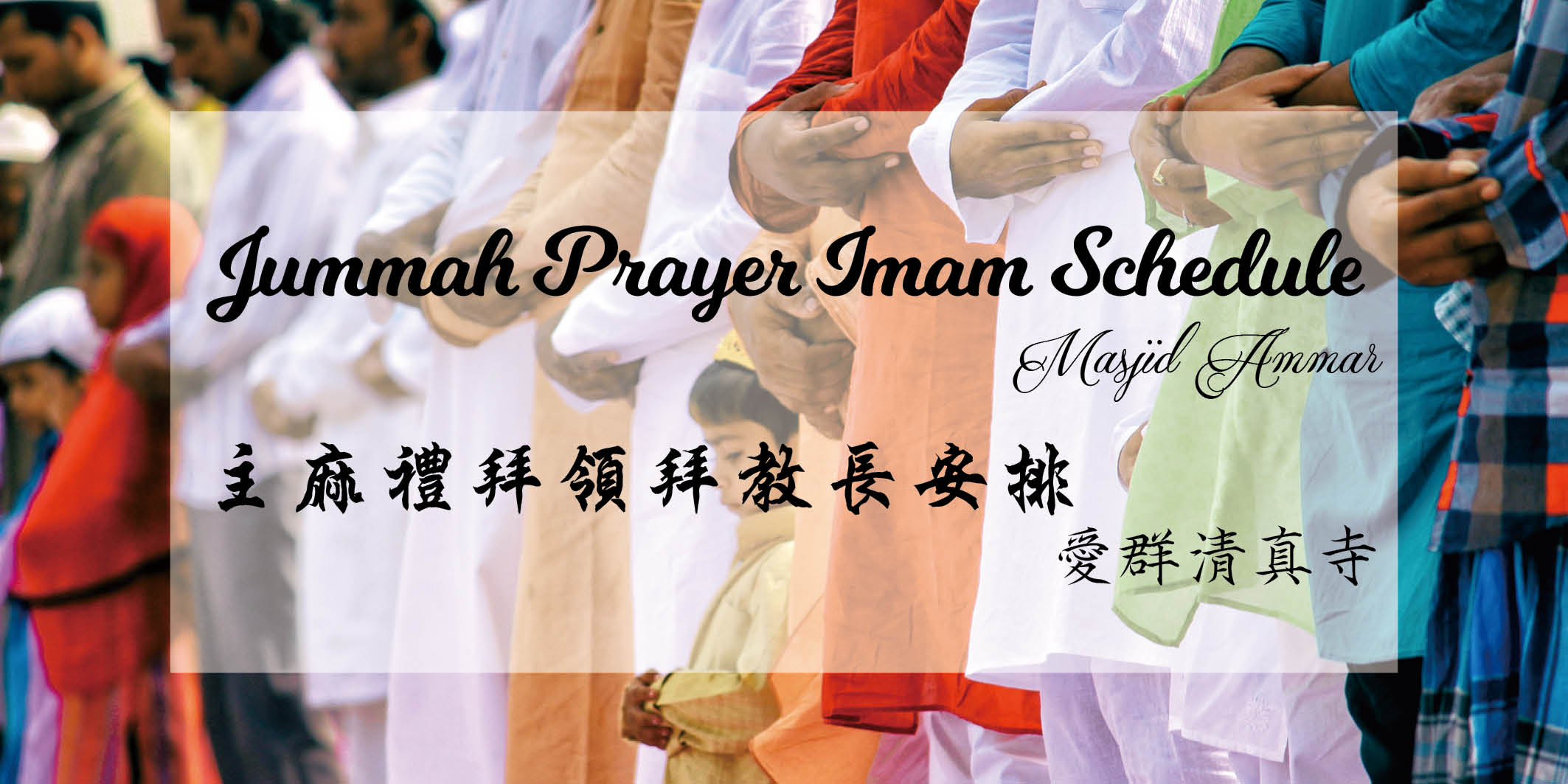The Prophet (saw) said: “A son of Adam has never filled a vessel more vicious than his stomach. It is sufficient for a son of Adam to eat food enough to provide for his essential needs. If it is inevitable to eat more than that, he shall fill one third (of his stomach) with food, one third with drink, and leave one third (empty) for breathing.” (Tirmidhi)
The above hadith is a basis for the principles of medicine. It is narrated that when the physician Ibn Masawayh read this hadith in the Book on Abu Khuthaimah he said: “If people make use of such words, they will be protected from diseases and maladies; hospitals and pharmacies will have no patients. He said this because overeating is the reason for all diseases.”
Al-Harith Ibn Kildah, a prominent Arab physician said: “Diet is the mother of medicine and overeating is the mother of illness.” Al-Harith also said: “That which kills human beings and annihilates animals in the wilderness is eating food while the stomach is still full of undigested food.” It was also quoted: “If the dead were asked what the reason was for their death; they would have answered ‘Overeating.’”
These are but some of the benefits of diet for having sound health. As for the heart, little food brings about tender hearts and sound understanding, and humility. A small amount of food also decreases bodily desires and anger. Too much food results in just the opposite effect.
Ibn Umar said: “I have not been completely satiated for the last four months.” Amr bin Qays said: “Beware of overeating; it hardens the hearts.” Salamah bin Sa’id said: “Men used to be criticized for overeating as much as they were criticized for committing sins.”
Muhammad bin An-Nadr Al-Harithy said: “Hunger leads to piety as fullness leads to arrogance.” Ash-Shafi’iy said: “I have not been full for 16 years because fullness results in laziness, witlessness, and sleepiness. In addition, it weakens one’s ability to worship. The Prophet (saw) recommended taking only a little amount of food and said,” It is sufficient for a son of Adam to eat food enough to provide for his essential needs.”
In the two books of authentic hadith (Al-Bukhari and Muslim) it is recorded that the Prophet (saw) said: “A believer eats in one intestine (is satisfied with little food) whereas a disbeliever eats in seven intestines (eats much food).”
This means that a believer eats according to the etiquettes of Islamic legislation and eats in one intestine, where a disbeliever gluttonously eats in seven intestines. The Prophet (saw) also recommended giving some of one’s own food to others in addition to eating a small amount of food. The Prophet (saw) said: “The food of one person is sufficient for two people, and the food of two people is sufficient for three people, and the food of three people is sufficient for four people.” (Bukhari)
The best diet is to fill one third of the stomach with food, one third with drink and leave one third empty for breathing comfortably as was mentioned in the hadith narrated by Al-Miqdad. Drinking too much brings about sleep and spoils food.
The Prophet (saw) and his companions used to feel hungry and have little food. However, even if this was because they didn’t have food, it is to be known that Allah prescribed what was best for His Messenger. Therefore, Ibn Umar used to imitate the Prophet though he had ability to eat much food. His father, Umar (ra), used to do the same before him. In the two books of authentic hadiths (Al-Bukhari and Muslim), it is recorded that Aishah narrated: “The family of Muhammad (saw) had not eaten bread to their satisfaction for three consecutive days since his arrival at Al-Madinah until he died.” (Bukhari)
Abu Hurayrah (ra) said: “Allah’s Messenger (saw) left this world without satisfying his hunger, even with barley bread.” (Bukhari)
In Manaqib Al-Imam Ahmad, Yahya bin Mandah narrated that Imam Ahmad was asked about the Prophet’s saying: “One third for food, one third for drinks, one third for breathing.” He answered: “One third for food is the nourishment, one third for drinks is the strength, and one third for breathing is the breath of life, and Allah knows best.”
by Ibn Rajab










